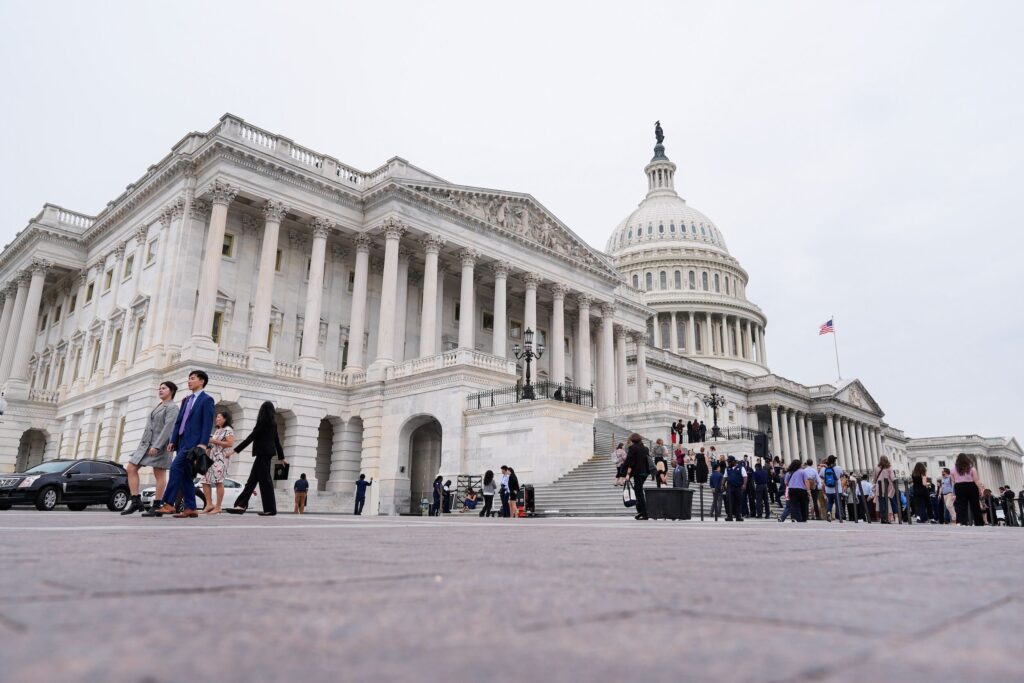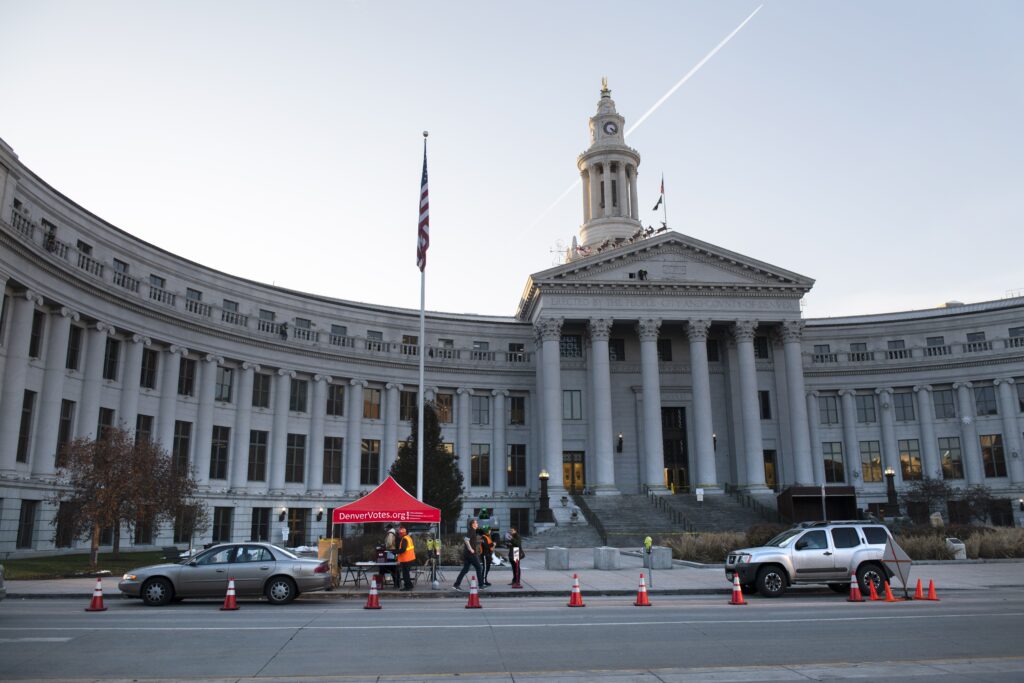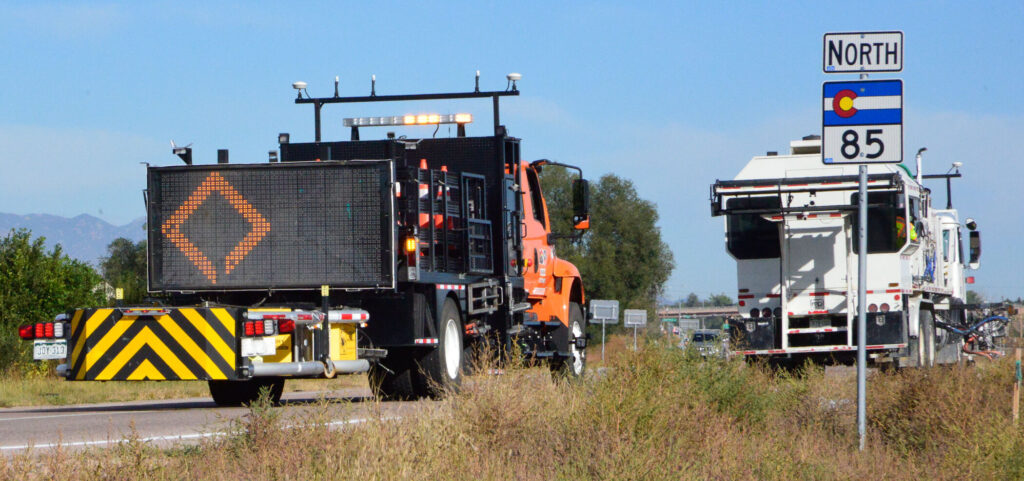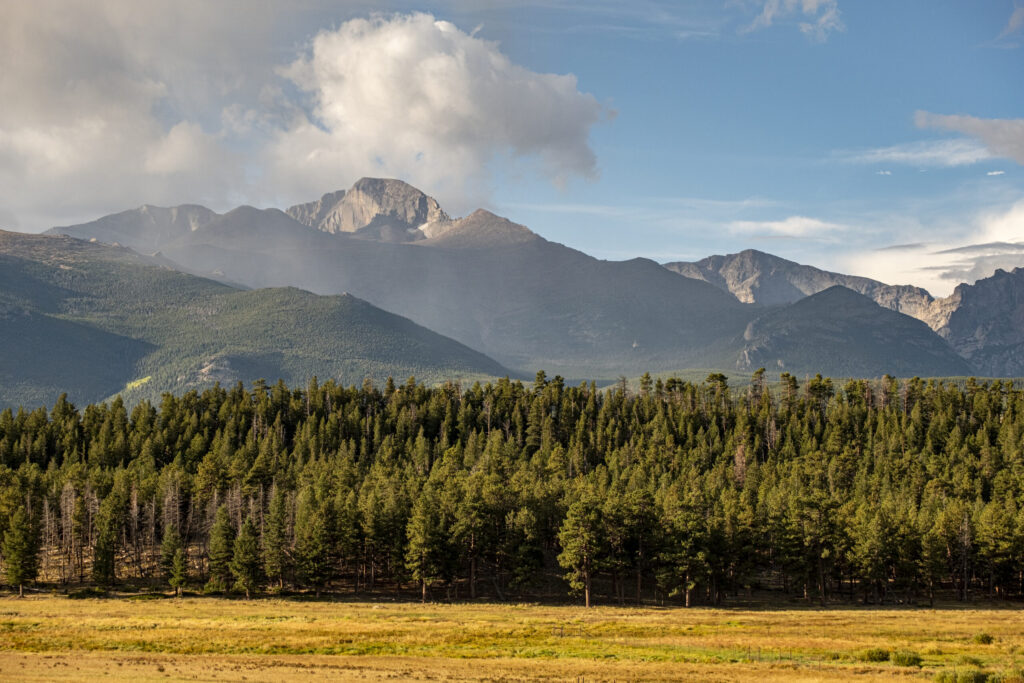Colorado biz leaders: Reverse feds’ rejection of pipeline-terminal project
Loren Furman, public-policy point person for the Colorado Association of Commerce and Industry, is calling on the president to help green-light the Jordan Cove natural gas terminal and pipeline project, or “Congress should move swiftly.”
Last Friday, the Federal Energy Regulatory Commission said it wouldn’t reconsider its March denial of the $7.6 billion Jordan Cove terminal in Coos Bay, Oregon, a destination for liquefied natural gas pumped from Western Colorado for buyers on the Pacific Rim.
“This project is a win-win for Colorado and the rest of the nation,” said Furman, in a statement released by the Vital for Colorado business coalition. Furman is CACI’s VP for state and federal relations. “We have a tremendous opportunity to share our clean-burning natural gas reserves with our overseas allies to advance their energy supply and improve air quality.”
Colorado pro-energy development leaders are mourning the loss of jobs and opportunity they expected to spill out from the coastal natural gas terminal and export facility.
Dan Haley, president of the Colorado Oil and Gas Association tweeted Monday night:
Colorado U.S. Sen. Cory Gardner tweeted on Saturday:
A U.S. Geological Survey in June indicated the Piceance Basin, which includes much of northwestern Colorado, holds 66.3 trillion cubic feet of natural gas, a dramatic leap from its previous estimate of 1.6 trillion cubic feet in 2003, based on newer research and drilling data.
The Federal Energy Regulatory Commission said it had given the Jordan Cove project’s Canadian backers three and a half years to show there was a market and firm customers for the gas.
“Simply closing the door on this initiative without a thorough and robust hearing smacks of politics. We need President Obama to act on this immediately and reopen the application process,” said Vital for Colorado chairman Peter Moore.
Environmentalists didn’t find it to be bad news at all.
“Everyone can breathe a huge sigh of relief,” Susan Jane Brown, attorney for the Oregon-based Western Environmental Law Center, said in a statement. “Oregon landowners in the path of the pipeline won’t have their private property violated. Oregon rivers and streams won’t be trenched for the pipeline. Navigation in Coos Bay won’t be clogged by LNG mega-tankers and their large safety exclusion zones. Federal forests won’t be threatened with landslides, fires and habitat loss.”











